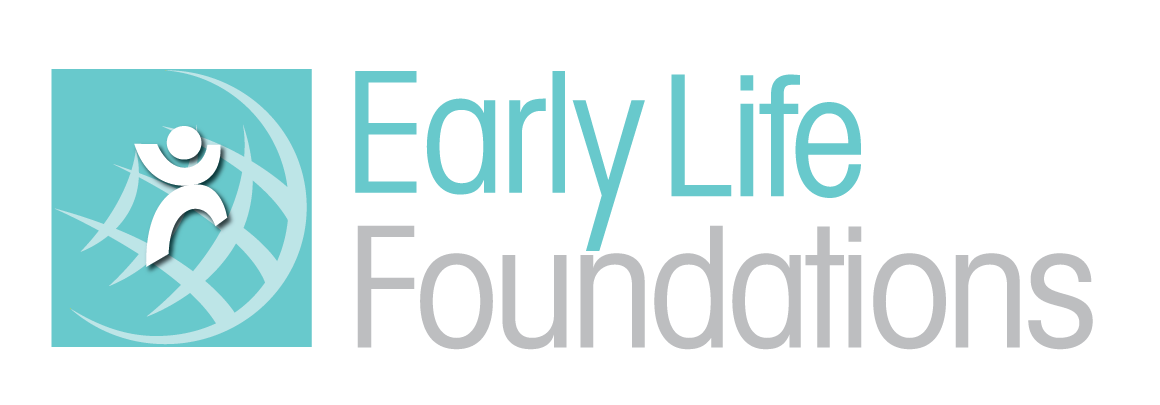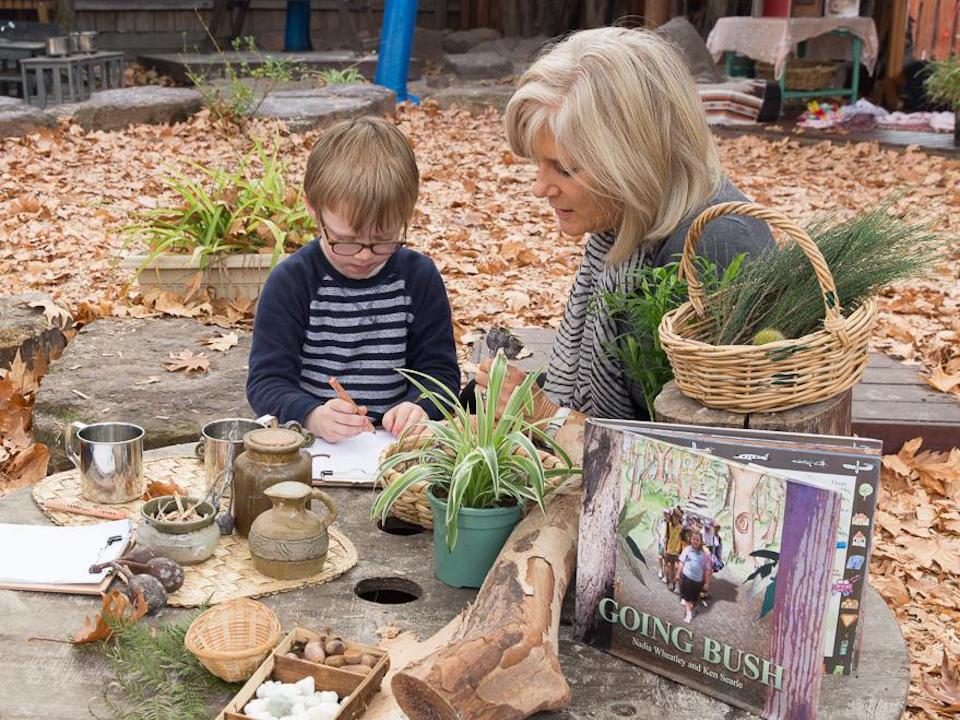Scaffolding Children in their Learning
Preparation and Language of the Teacher
To know how to extend and move a child’s learning further requires the skill of scaffolding. To scaffold effectively is one of the most important skills a teacher can ever develop and use for effective teaching and learning!
The way teachers set up the learning space, the invitation they provide through the use of provocations and materials, the questions and comments they make to support children’s reflection, the learning intentions revised during Tuning In, the summary of learning at Reflection and during the day and the engagement of children in group discussions and learning conversations are all aspects of effective scaffolding


